Dredging is an important part of our waterway management. Dredging is used in everything from calm harvesting to keeping passageways clear for ships. However, dredging can also be dangerous for the men and women involved. If you have been injured in a dredging accident you may be entitled to financial compensation. However, many time people injured in dredging accidents fail to get the full amount of compensation they are entitled to because they are overwhelmed or confused by the complicated claims system.
Causes of Dredging Accidents
There are a variety of different types of dredgers. Each serves a particular function and each presents its own hazards to workers. The most common types of dredgers are:
- Mechanical dredge
- Suction dredge
- Hydraulic cutterhead dredge
- Backhoe dredge
- Bed leveler
- Clamshell digger
- Fishing dredge
- Pneumatic dredge
- Snagboat
- Water injection dredge
Almost all dredging accidents are the result of human error. If you were hurt because of the negligence of someone else, you may be able to get paid for your pain and suffering in addition to your medical expenses.
Dredge accidents can be caused by:
- Excessive speeds
- Running aground
- Inadequate training
- Impaired crewmen
- Defective equipment
- Poorly maintained equipment
- Poorly maintained dredge
- Failure to create a safe environment
- Working in unsafe weather conditions
- Negligent push boat operation
The owners of the dredge are responsible for the safety of all of the crew. If you are injured because another member of the crew was negligent, or because the owners failed to keep the dredge and equipment in order, the owners of the dredge may be liable for your injuries. This means you may be able to recover more than the standard sailor’s maintenance and cure payouts.
Types of Injuries
Because of the nature of the work, many dredging accidents are horrific. Many times people are left permanently disabled.
Some common injuries in dredge accidents include:
- Hernias
- Fractured bones
- Strains and sprains
- Eye injuries
- Ear injuries
- Neck and back injuries
- Crush injuries
- Traumatic brain injuries
- Spinal cord injuries
- Leg, knee, hip, and ankle injuries
- Amputation
- Drowning
- Burns
- Lung injuries
After you have been in a dredging accident your first priority should be your health. This means getting a thorough medical exam and following the doctor’s instructions. If the doctor does not clear you to go back to work, you need to follow the doctor’s orders. Trying to work through an injury could put you and your crewmates in even greater danger. Under maritime law, you are entitled compensation when you have to miss work because of an injury.
If you need to mane a claim for an in jury in a dredging accident, your medical records will be some of the most valuable evidence. You help your case by staying in touch with your doctors and committing yourself to doing what you need to do to get as healthy as possible.
Maintenance, Cure, and the Jones Act
The concepts of maintenance and cure have long been a part of maritime law. Maintenance is the legal term for the compensation the owner of the ship must pay injured workers to pay for their daily living expenses while they are recovering. Cure is the legal term for the payment of reasonable medical expenses. Usually maintenance and cure must be paid, no matter who was at fault for the accident.
Under federal law, if the owner of the ship, or any of your fellow crewmembers caused your accident by their negligence, you may be able to file a claim, or sue them for damages beyond cure and maintenance. These claims are made under the Jones Act. Workers who are covered by a traditional worker’s compensation system are usually banned from suing their employers. But, the Jones Act allows seamen to make claims against negligent employers under certain conditions.
Jones Act claims must be filed within a narrow period of time and must be made in accordance with the strict rules that govern Jones Act claims. If a claim is not filed properly, you may lose the chance to get the compensation you deserve forever.
You don’t have to deal with the dredging accident claims process by yourself. You need someone on your side to help you evaluate your claim, investigate the true cause of your accident, and who will fight for your rights to a fair settlement. We can help you find the right maritime injury attorney for your case. Contact us today and we can connect you with a maritime injury attorney who has a successful track record and who is willing to evaluate your case.
It is critical that you take action to protect your rights immediately. Time may be running out for you to make a dredging accident claim.

